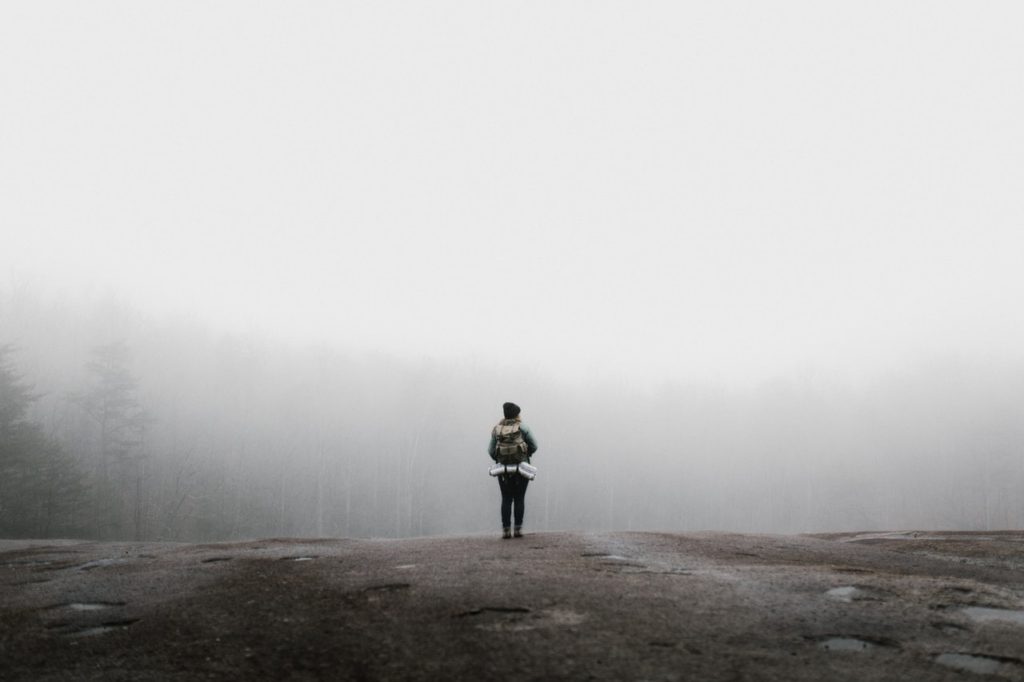7 SAFETY TIPS TO CONSIDER WHEN HIKING
There are many intelligent safety tips to consider when hiking, and we have compiled the seven most important ones in this blog post. Before you set out on your hike, make sure that you look at our list of what to do and what not to do!
Know Your Trail
Make sure that the trail fits your fitness level. If you’re starting hiking, choose an easy to moderate hike so that you can enjoy yourself while getting a good workout at the same time. More experienced hikers may want to choose a more challenging trail so that they can challenge themselves. If you’re unsure about your fitness level, start with a more leisurely hike and work your way up.
Even if you’re an experienced hiker, make sure that the trail matches your experience. For example, please don’t take a beginner on a challenging but short hike because they may not be prepared for what lies ahead.
Don’t Think You’re Superman/Superwoman
You may see others on the trails who seem to be blazing through at lightning speed without breaking a sweat, but it is essential to remember that everyone’s experience and fitness level are different. If you’re starting, don’t push yourself or try to keep up with someone who has been doing this for years—you’ll only get hurt, and no one wants that!
Take Your Time
Give yourself plenty of time on the trail, so if anything does happen, there is no need to rush. Take a friend along if possible, two sets of eyes are better than one, and it is always good to have someone there for support when something does happen.
Pack the Necessities
Always pack some food and water with you on the trail if time gets away from you or your energy level drops. If you get wet or cold, pack extra clothing; weather changes unexpectedly, and temperatures drop at night.
It is also essential to pack an emergency shelter like a space blanket; this will aid in protecting the individual from the elements if they are stranded overnight or for more extended periods without any supplies with them on their hike.
Choosing The Right Equipment
Make sure to bring all of the appropriate equipment for your hike. The right equipment will allow you to enjoy the trip without worrying about injuries or accidents along the way. You should bring sunscreen, sunglasses and a hat that will shield your eyes from the sun. Hiking boots are also important as these types of shoes can protect you against any nasty plant life you may encounter on your hike.
A first aid kit is crucial as minor injuries can worsen quickly if not treated immediately and adequately. If you live in a cold climate, make sure to bring extra clothing such as gloves or a scarf, but also pack an extra water bottle because dehydration becomes more common when hiking at higher elevations where the air is thinner.
Let Someone Know Where You’re Going
While it’s essential to pack the right equipment, you should also know your surroundings before starting on a hike. Communicate with someone about where you are going and when you expect to return so that they can raise the alarm if something goes wrong or if there is no word from you after a certain period has passed. Bring a flashlight, and remember that hiking after dark can be dangerous if you plan to hike at night.
Be Careful When Hiking Next To Roads Or Crossing Highways
It’s essential to be aware of your surroundings because pedestrian accidents can happen at any time. One area you want to focus on is being careful when hiking next to a road or crossing a highway. It’s essential to be aware of your surroundings because pedestrian accidents can happen at any time. One area you want to focus on is being careful when hiking next to a road or crossing a highway.
These accidents can be caused by drivers not paying attention. For example, smart pedestrian accident lawyers have seen many pedestrian/car accidents happen at intersections and highway crossings. These accidents can be caused by drivers not paying attention.
Hiking is one of the best ways to get outdoors and enjoy nature. Unfortunately, many people are injured every year while hiking. Hikers should take some precautions before they go out on a hike.





